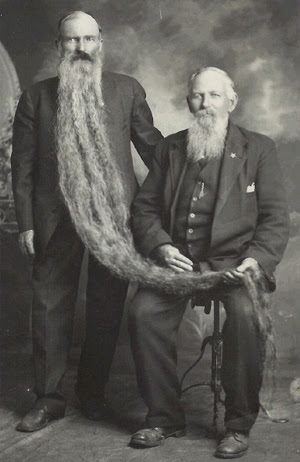Ever hit a long-winded passage and turn the page, hoping the story would pick up later? I see a few hands out there.
This month, I wanted to share three quick writing tips to avoid page-turning-reader syndrome and let your writing sing!

(1) Look for “padding” you don’t need.
An easy place to start: those extraneous, repetitive, extra, unnecessary, duplicative, redundant and overused words. (See what I just did there?) Yeah. You don’t need every single one. Get out the pruning shears and chop away.
Here’s a great example of a slightly different kind of “padding”:
“Her mouth was parched, and a slow fever seemed to kindle in her blood, and creeping slowly through every sluggish vein, touched the torpid tide with stinging fire. Her languid eyes gleamed with a fierce light…”
Oh dear. No, it’s not a passage from a modern romance. This was an 1865 writer. A very breathless 1865 writer. And it’s a great example of what happens when you lean too hard on adjectives to paint your scene.
Moral of the story: watch out for “adjective addiction.” So, how would it read without all those adjectives?
“A fever seemed to kindle in her blood, and creeping through every vein, touched her with fire. Her eyes gleamed…”
Still a bit on the dramatic side. But way better!
(2) Vary your sentence structure.

It’s easy to fall into a “same-same” sentence pattern. But changing up the sentence structure can make things a lot more fun for your reader.
Like some examples of different ways to craft the same sentence? Here you go:
- My mother loved baking cookies.
- December was the time of year when the aroma of cookies always permeated our house.
- Cookies? We had them all. From shortbread to chocolate chip, lemon bars to oatmeal, butter cookies to gingersnaps.
Bonus tip: Unless you’re doing technical writing or striving for formality, don’t get hung up on using complete sentences. I know, I know. It’s what we learned in school, right? But for less-formal writing, short and pithy works just fine. (Check out that third bullet point above, for an example).

(3) Chop overly-long sentence into pieces.
If you really want to know why overly-long sentences don’t work and how they frustrate your reader, how obnoxious it can be to get to the very end of a sentence and have no idea where the thought actually began, and why most editors reach for their red pencil frequently to separate long, wordy sentences into two, three, or even four different parts, just think about how your attention quite naturally wandered away when you were forced to wade through a word-salad mess — like this ridiculously convoluted sentence.
Okay, I did that one on purpose. How about this real-life example (from 1865 again):
“The opportunity was offered him in July, 1862, at Boonesville, by an old class-mate at West Point, and one who subsequently won, under Bragg and Forrest, a character for belligerency similar to that now enjoyed by Sheridan.”
Huh? That requires some real work on the reader’s part to parse out the meaning! Chop that run-on stinker into two sentences and it might read like this:
“In July, 1862, an old class-mate from West Point offered him an opportunity at Boonesville. That same class-mate would later serve under Bragg and Forrest, winning himself a reputation for belligerency similar to that of Sheridan.”
Unpacking those two ideas into separate sentences makes them easier for your reader to digest. (Extra bonus credit for anyone who noticed that the rewrite also shifted from passive to active voice! That helped, too.)

So there you go. Hope these three simple ideas help your memoir writing sing!
And now I’d like to hear from you: What questions do you have about memoir writing? Where are you getting stuck? Drop a line and let me know.

[…] Tips to help make your writing sing […]